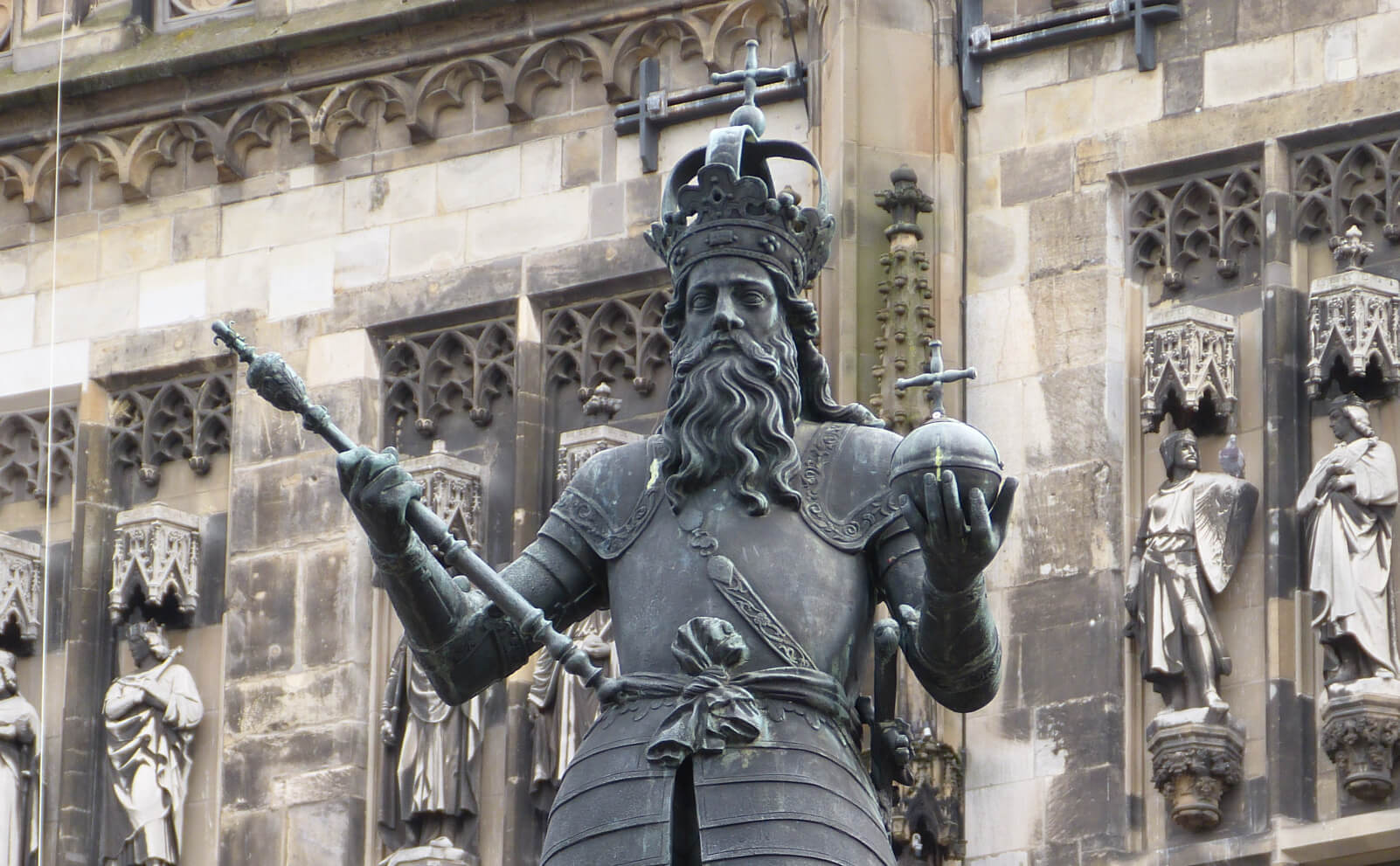Power is a misunderstood concept because we associate it mainly in a static form with personality, money, violence, or even corruption of individuals. In their book Power for All, professors Julie Battilana and Tiziana Casciaro paint a different picture. In today’s westernized and developed societies, individuals or groups have power and use the opportunity to influence the behavior of others. This happens primarily through communication.
“To have power over someone else, you must first have something that the other person values. Everything a person needs or wants is a valuable resource. The resource can be of a material nature, such as money or clean drinking water, fertile farmland, a house or a fast car. Or it can be of a psychological nature, such as appreciation, belonging and achievement.”
Power needs relationships
“In this form, power only exists in the context of a relationship” and therefore primarily through communication, whether direct and verbal, or indirect in our technical press and internet/social media world.
This relationship-oriented understanding of power seems to contradict the previous definitions of power, which were primarily influenced by social science and focused on hierarchies, social groups, or social positions. Ultimately, these social science approaches explain the situation, but not the why. Only those who understand the why can shape the environment in such a way that new socially meaningful and desired structures emerge.
This seems to be the unspoken claim of the authors: to convey a new understanding of power that shifts power away from individuals and towards meaningful systems and organizations.
A vague and not too concrete picture of democratized power is sketched out. The essence of the authors seems to be to convey the systemic design of good power structures with many concrete examples. However, without committing themselves to a concrete target image or ideal.
Our democracy, employee representatives in companies and the “Fridays for Future” movement are examined and analyzed as examples of distributed power structures.
Power distribution and accountability
“The remedies for excessive concentration of power are clear: power sharing and accountability. Failure to share power and hold the powerful accountable opens the door to abuse and tyranny, whether in organizations or in society. We can only counteract this if we all realize that we have a shared responsibility to keep power in check. To do this, we must first understand what power is and how it works. That’s why the basics of power are so important. And we must use our collective power to protect and improve the institutions that ensure the distribution of power and accountability in organizations and in our society. For this collective power to thrive, we must choose our leaders wisely and seek out those who are determined to invest society’s resources in our development so that we all – no matter who we are and what social groups we belong to – develop into free-thinking and civic-minded members of society. Only then will we have the moral strength and democratic skills to flex our civic muscles. And if a politician or a corporate CEO undermines our democratic institutions, we will see through his propaganda, expose him as a demagogue, recognize the threat […]”
Empathy and humility as the key to shaping positive power
That sounds too much like romantic idealism to me. After all, giving a company or a state new impetus and direction requires the performance and initiative of a few individuals. The collective fails quite regularly when it comes to creating something new.
Nevertheless, I enjoyed the philosophical insights:
- “While our basic need for security is based on the dangers of human existence, our need for esteem is based on our relative insignificance.”
- “Ultimately, then, we want to satisfy two basic human needs: We want to protect ourselves from danger and we crave validation and attention. The need for safety and the need for esteem are so fundamental that they determine power relations across time and space.”
- “However, we can keep these challenges to building power in check by developing empathy (the antidote to self-centeredness) and humility (the antidote to hubris).”
- “Power doesn’t change – it just changes hands.”
One could, and should think about sentences like this for a long time.
The concrete case studies definitely help managers and people in positions of responsibility in organizations to understand how they should build and promote structures: “But over time, our advice pays off and the results speak for themselves: they recognize the importance of networks as a source of power. Previously, they made the mistake of equating authority with power. Authority can be used to mandate compliance, but engagement cannot be mandated.”
Because technologies today often set the framework for communication and relationships, they have become a means of creating power. They were that in the form of tools in earlier times, when violence was a common means of power. Today they are technologies in a new form, when they are used to influence and control communication and networking and thus relationships.
All in all, a new perspective on an ever-current topic: how is power actually created? And also a soft vision and a call for how the makers and shapers today should build structures and systems to allow power to emerge and take effect in a good and positive form.
More food for thought on the topics of impact, society, deep tech, and capital can be found here on my blog or directly on Amazon.
Julie Battilana, Tiziana Casciaro
Power for All: How power works, how it benefits us and why it’s everyone’s business
Publisher Simon & Schuster, 288 pages, 13.70 euros
eBook 3.99 Euro



